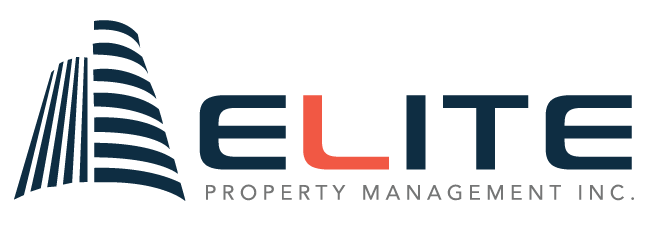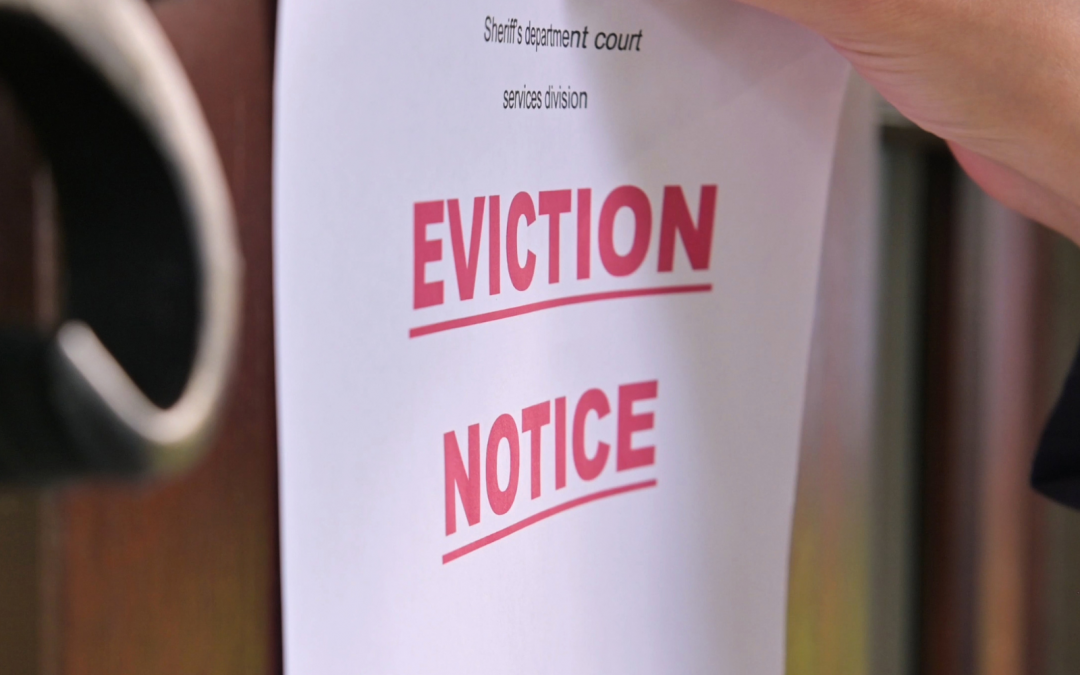Living in a condo means enjoying a sense of community and shared responsibilities. But what happens when someone in that community breaks the rules, causes a disturbance, or ignores the governing documents? If you’re a condo board member dealing with a troublesome tenant, you might be wondering: can we evict them? The answer isn’t so straightforward. Let’s unpack the eviction puzzle and what condo boards can and can’t do in Ontario.
Can a Condo Board Evict a Tenant?
In short, no, a condo board in Ontario cannot directly evict a tenant. The Condominium Authority of Ontario (CAO) makes it clear: only the Landlord and Tenant Board (LTB) has the power to evict someone. But that doesn’t mean a condo board is powerless. If a tenant is causing issues—let’s say they’re blasting loud music every night and ignoring noise restrictions—the condo board can get involved. While they can’t directly kick out the tenant, they can press the landlord to take action.
How the Eviction Process Works
Here’s how it typically goes: the condo board receives complaints about the tenant violating condo rules. The board then notifies the landlord (who owns the unit) about these violations and requests that they deal with the tenant. If the tenant still doesn’t comply, the board can push the landlord to apply to the LTB for an eviction order. In some cases, the condo board can also penalize the owner with fines if they don’t take action. Ultimately, the landlord would need to follow through with the LTB, which would then decide whether eviction is necessary.
Can a Condo Board Evict an Owner?
What if it’s not a tenant causing trouble, but an actual condo owner? Things get a little trickier. Condo boards don’t have the authority to evict unit owners. However, they do have some legal muscle. If an owner violates the condo’s governing documents—like skipping out on paying their condo fees—the board can take legal action. In extreme cases, this could lead to a forced sale of the unit, but it’s usually a last resort.
What About Liens and Power of Sale?
If an owner falls behind on payments—whether it’s condo fees, fines, or special levies—the condo board has the right to register a lien on the unit. This lien must be registered within three months of the missed payment. After that, if the owner doesn’t settle their debt, the board can initiate a power of sale process. Essentially, they can sell the unit to recover the unpaid amounts. The board doesn’t take possession of the unit directly, but the power of sale process gives them a way to enforce financial accountability.
The Role of Property Management
For condo boards juggling tenant issues and legal complexities, having a property management company in your corner can be a game changer. Property managers act as intermediaries, helping boards enforce rules and handle disputes before they escalate into bigger problems. They also know the legal ins and outs, guiding boards through the proper steps to resolve issues, whether it’s pressing a landlord to address a tenant or initiating legal action against an owner.
While condo boards don’t have the power to directly evict tenants or owners, they aren’t without options. By enforcing governing documents and collaborating with landlords, boards can ensure that community standards are upheld. Understanding the legal process and knowing when to bring in professionals is key to maintaining peace and order in the condo community.


Recent Comments